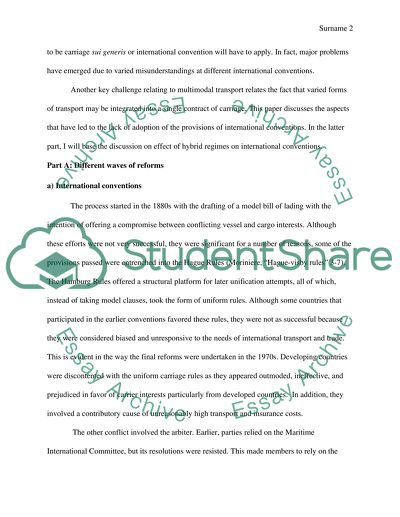Cite this document
(“International Transport Law Essay Example | Topics and Well Written Essays - 1250 words - 1”, n.d.)
Retrieved from https://studentshare.org/law/1673476-international-transport-law
Retrieved from https://studentshare.org/law/1673476-international-transport-law
(International Transport Law Essay Example | Topics and Well Written Essays - 1250 Words - 1)
https://studentshare.org/law/1673476-international-transport-law.
https://studentshare.org/law/1673476-international-transport-law.
“International Transport Law Essay Example | Topics and Well Written Essays - 1250 Words - 1”, n.d. https://studentshare.org/law/1673476-international-transport-law.


